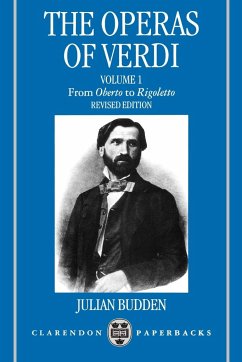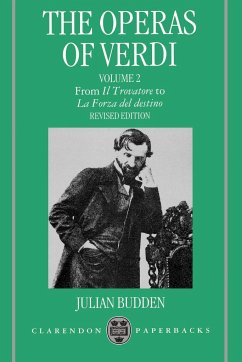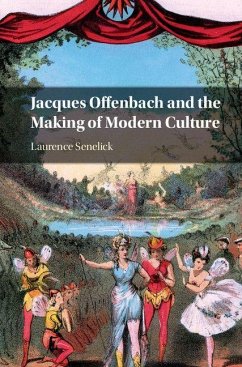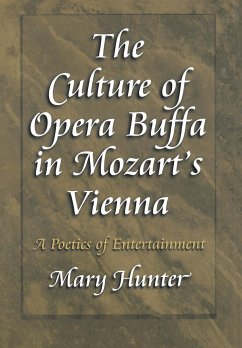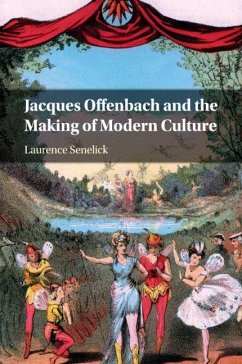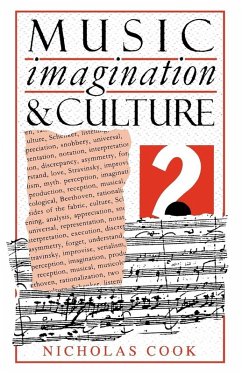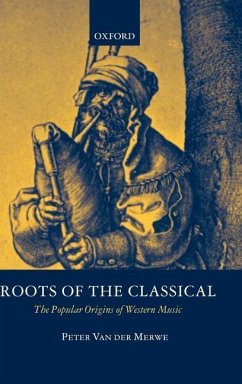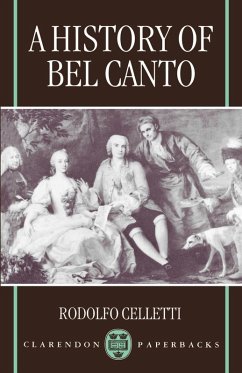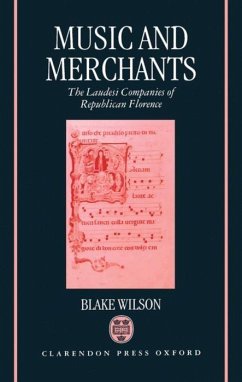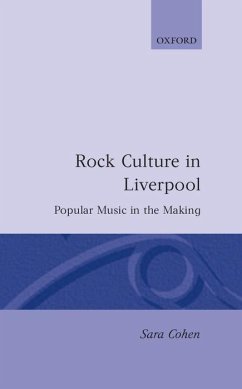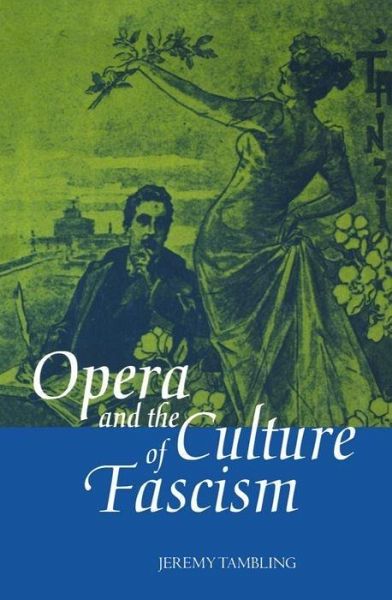
Opera and the Culture of Fascism
Versandkostenfrei!
Versandfertig in 1-2 Wochen
217,99 €
inkl. MwSt.

PAYBACK Punkte
109 °P sammeln!
This study looks at nineteenth- and early twentieth-century opera as part of a culture which produced fascism, and threatened to extinguish the genre as an influential and contemporary 'high' art-form altogether. Jeremy Tambling highlights the themes of the cultural crisis through a detailed discussion of some dozen operas and a critical re-reading of the works of Wagner, Verdi, Puccini, Strauss, and others. He draws on the writings of Nietzsche, Adorno, Benjamin, and Heidegger for an understanding of the ideological background. Reading fascism as a political, intellectual, and psychological p...
This study looks at nineteenth- and early twentieth-century opera as part of a culture which produced fascism, and threatened to extinguish the genre as an influential and contemporary 'high' art-form altogether. Jeremy Tambling highlights the themes of the cultural crisis through a detailed discussion of some dozen operas and a critical re-reading of the works of Wagner, Verdi, Puccini, Strauss, and others. He draws on the writings of Nietzsche, Adorno, Benjamin, and Heidegger for an understanding of the ideological background. Reading fascism as a political, intellectual, and psychological phenomenon, the author also uses the works of Bataille, Theweleit, and Kristeva, for discussion of proto-fascist and fascist thought, and for its relation to gender-politics. Resisting the cliches about Wagner's or Strauss's relationship to the Third Reich, Tambling takes opera out of the hermetically sealed state in which it is normally discussed, and presents it as both complicit in, and in opposition to, the reactionary and regressive pressures that made up the 'culture of fascism', and those that tried to make opera part of the 'fascism of culture'.



